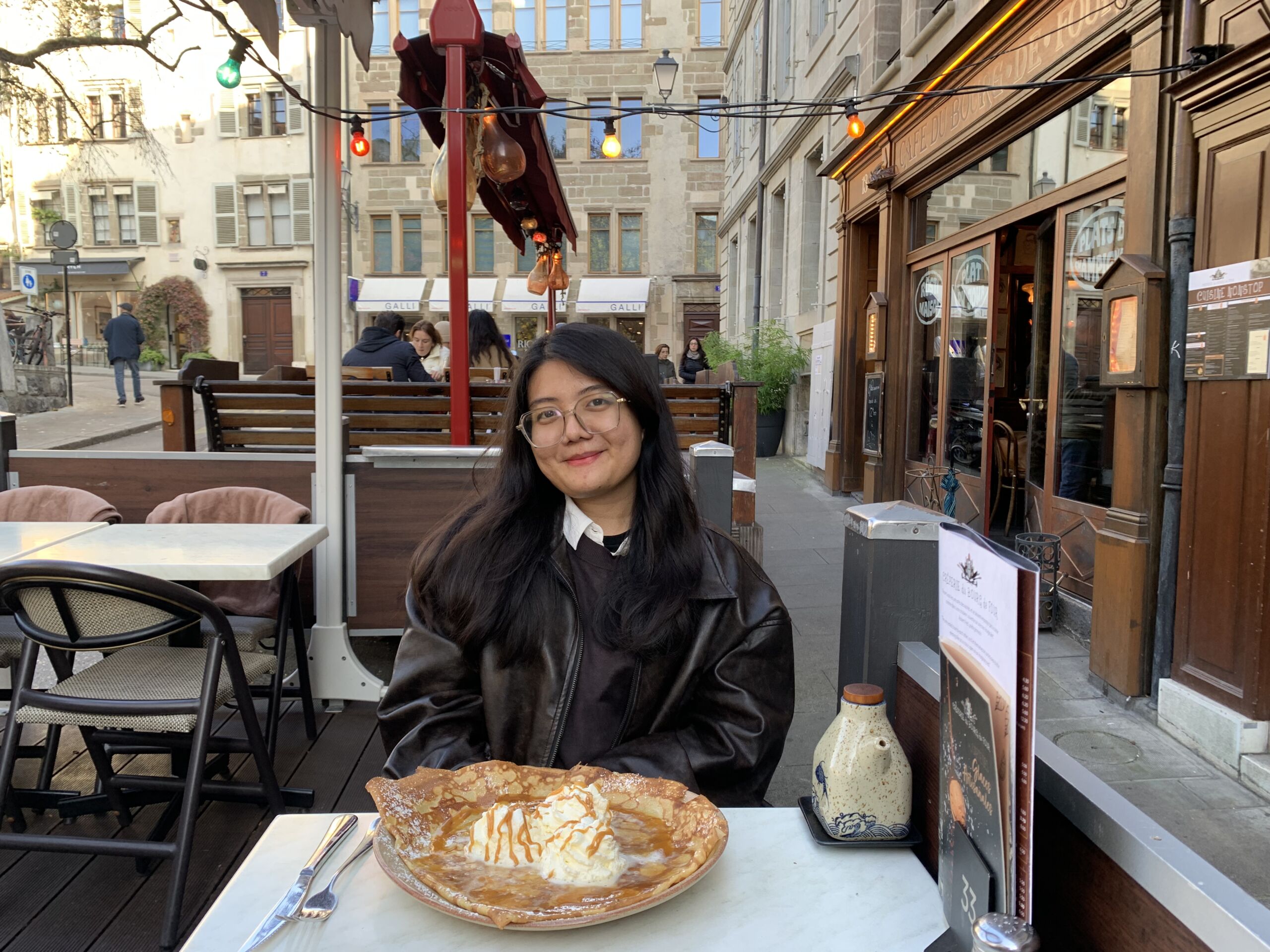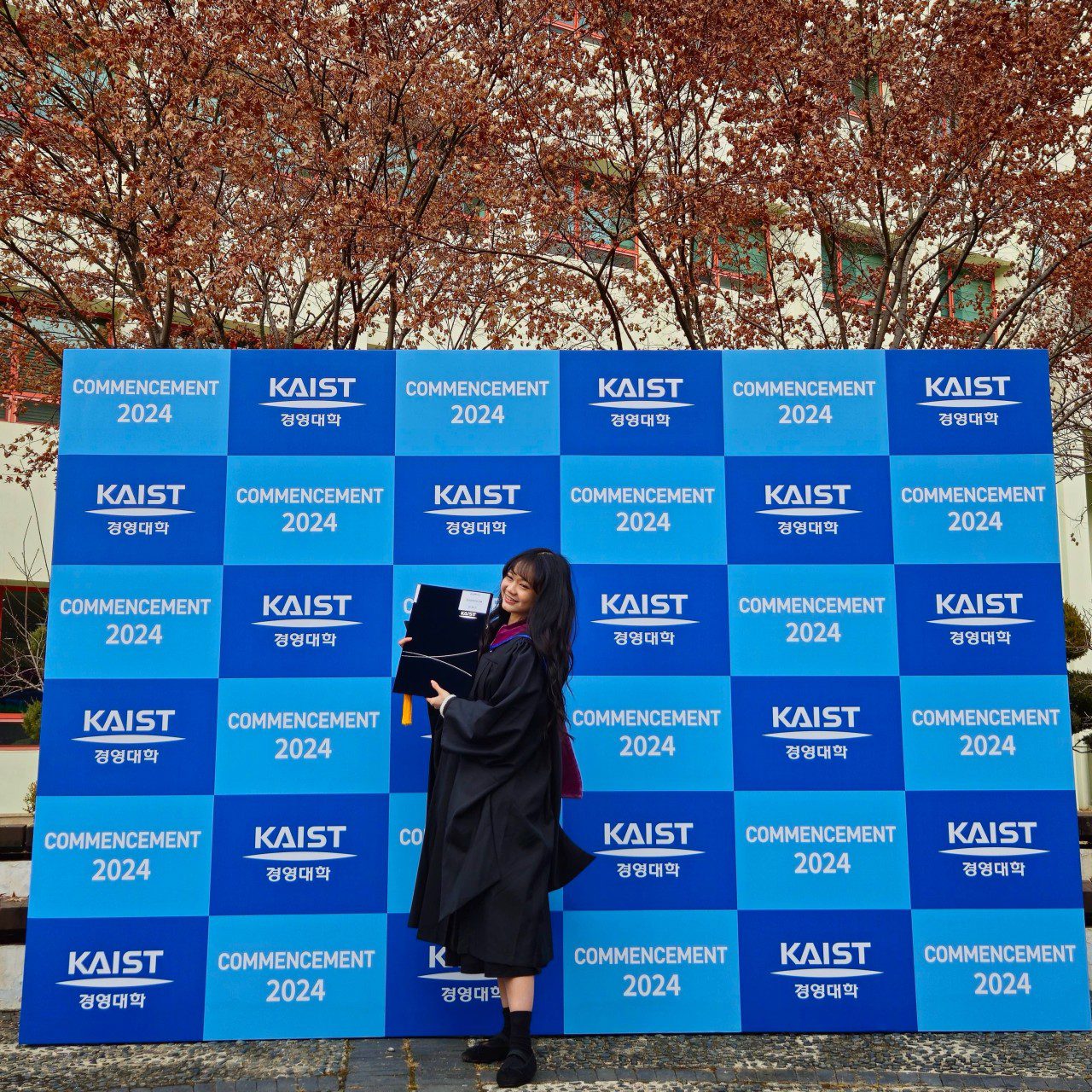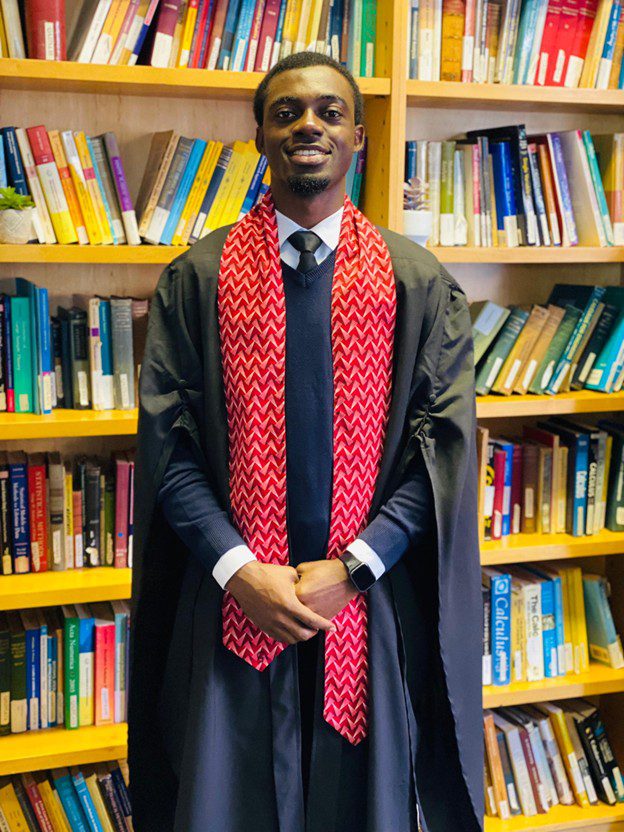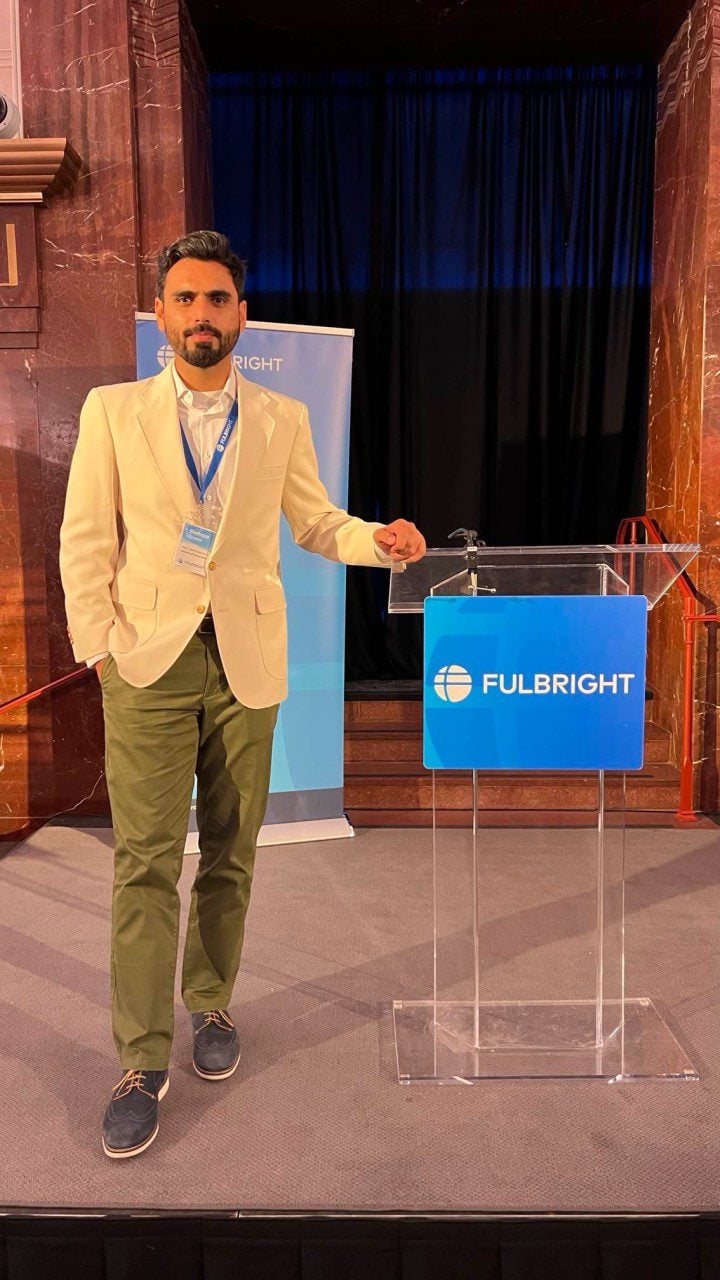From Myanmar to Hungary: How Phyo Thatar Linn Studied Social Work at the University of Pécs with the Stipendium Hungaricum Scholarship
University: University of Pécs
Degree: Bachelor’s in Social Work
Previous Education: Studied Psychology and English Literature at local universities in Myanmar
Scholarship: Stipendium Hungaricum Scholarship – Full Tuition, Monthly Stipend, Housing Allowance, and Health Insurance
Social Media:

The Journey
Hi, I’m Phyo Thatar Linn, a BA Social Work student at the University of Pécs in Hungary, studying with the Stipendium Hungaricum scholarship. I’m originally from Myanmar and have been living in Hungary for almost three years now. I got interested in social work after a field trip to social institutions back home which really opened my eyes to the kind of work I wanted to do. What also drew me to this program was the mandatory internship, which felt like a great opportunity to gain real-life experience and was a big factor in helping me decide.
Stipendium Hungaricum Scholarship Details
I received the Stipendium Hungaricum scholarship, which is available to students from over 90 countries. The whole application is done online through the official Stipendium Hungaricum website, where you can choose from a variety of universities and programs. The scholarship covers full tuition, a monthly stipend of HUF 43,700 (around EUR 110), and an accommodation allowance of HUF 40,000 (around EUR 100). Students can live in university dorms or rent apartments, though it's good to note that dorm spots are limited, and the HUF 40,000 may not fully cover rent if you live off-campus. We’re also provided with free medical insurance (TAJ card), which is super helpful for any health needs while studying abroad.
Educational Background
Before coming to Hungary, I studied Psychology at a local university and also took part in a liberal arts evening program focused on English literature. I loved university life and wanted to explore more opportunities hence the two universities. During one of our psychology program field trips, I joined a group of diploma in social work students visiting a school for children with disabilities. That day made a huge impact on me and helped me consider Social Work as a possible path. Sometimes, getting exposure to different areas helps you figure out what truly interests you.
How Did You Prepare to Apply to the University of Pécs?
The requirements can differ depending on the university and program, so I made sure to read each one carefully. Some asked for English proficiency tests like IELTS or Duolingo, while others evaluated language skills during interviews. All the details are clearly mentioned on the Stipendium Hungaricum website. If I had questions, I looked up the university’s contact info on the SH site and reached out directly to the program coordinator of the university.
How Did You Prepare to Apply to Stipendium Hungaricum?
The first step is to get nominated by the sending partner of your home country, whose contact info you can find on the Stipendium Hungaricum website. The selection process can vary, but usually includes a written test and an interview. I contacted my sending partner for more information and at the same time, I did all the necessary preparations to complete my application online, which includes uploading documents like a high school certificate, transcript, passport, proof of language proficiency, etc. I also made sure I had notary translations of all my documents that are not in English. Since we can also apply to two programs, either at two different universities or two programs at the same university, I wrote motivation letters for both. I spent a lot of time making sure my motivation letters clearly reflected my interests and goals, and I asked friends for feedback to make them stronger. I double-checked everything before submitting to make sure my application was complete and well-organized.
How Does the University of Pécs Support International Students?
There’s a dedicated Stipendium Hungaricum office at the university, which helps students with any scholarship-related questions. The scholarship has a mentor program where you can choose your own mentors. The mentors are in pairs, and you get a link with all the mentors’ information. I do suggest choosing mentors in the same faculty as you so that the information will be more precise and from an insider’s pov. The university provides a handbook for international students with info on everything from applying for a residence permit and student card, to which banks offer English services and where to shop for groceries. There are also regular events hosted by the student hub, which help us feel more connected and integrated.
Are Your Classes Conducted in English or in Hungarian?
All my classes are in English. However, since the main language at the university is Hungarian, there are fewer elective options available in English. Sometimes I’ve found interesting courses, but couldn’t take them because they were only offered in Hungarian. That said, I recommend browsing other faculties' courses and reaching out to professors since some may allow you to join even if the course isn’t officially listed as an elective.
Would Potential Students Have Any Problems Academically Not Knowing Hungarian?
While you can manage your studies in English, knowing some Hungarian is definitely helpful, especially outside of Budapest where fewer people speak English. We had compulsory Hungarian classes in the first year, which really helped me with daily situations. Even just learning some basic words and phrases can make a big difference. It also opens up more opportunities for part-time work or internships.
What Do You Think Made Your Application Stand Out?
I think what helped me stand out was how personal and genuine my application was. My motivation letters clearly connected my academic and personal experiences to the program I chose, rather than using generic phrases. During my interview, I also discussed social issues in my home country with the professor which I presented in a thoughtful and engaging way. I think this part showed my commitment and awareness of the field.
What Would You Have Done Differently if You Were Going Through the Process Again?
Looking back, I wish I had researched the program curriculum more thoroughly. The specialization I’m most interested in, which is related to disabilities, isn’t available in my program, and even though I’m still doing my thesis and internship in that field, it would’ve been better to plan ahead. I also wish I had gained more experience before applying, like volunteering or interning, and had brushed up on research skills earlier. In my research classes, I felt behind compared to classmates who had already studied research methods in their home countries. Taking an intro course before university would’ve made a big difference. I think it’s important to remember that you’ll be meeting with students from across the globe with different education systems.
What Advice Would You Give Those Looking to Apply for a Similar Scholarship?
Do your research on not just the program, but also on how student-friendly the university is and whether it supports your long-term goals. Ask yourself things like:
Will this help with future job prospects?
Is it possible to get a part-time job here?
Will I need to learn the local language?
And don’t be afraid to reach out! Ask questions, talk to current students, or email professors. Most people are happy to help, and it can make a big difference when planning your studies abroad.
Want to submit your
scholarship journey?
Submit Your Story Here!
More Scholarship Recipients

My name is Vania Estrellita Soegiarto, and I am from Indonesia. I pursued a Finance MBA at KAIST Business School in South Ko .... Read more

Hello, I’m Toyeeb Olamilekan Abubakar from Nigeria. I earned a Bachelor of Science degree in Statistics from the Universit .... Read more

My name is Shehryar Jafar, and I’m from Karachi, Pakistan. I’m currently a PhD student in Electrical Engineering at the .... Read more

Leave A Comment